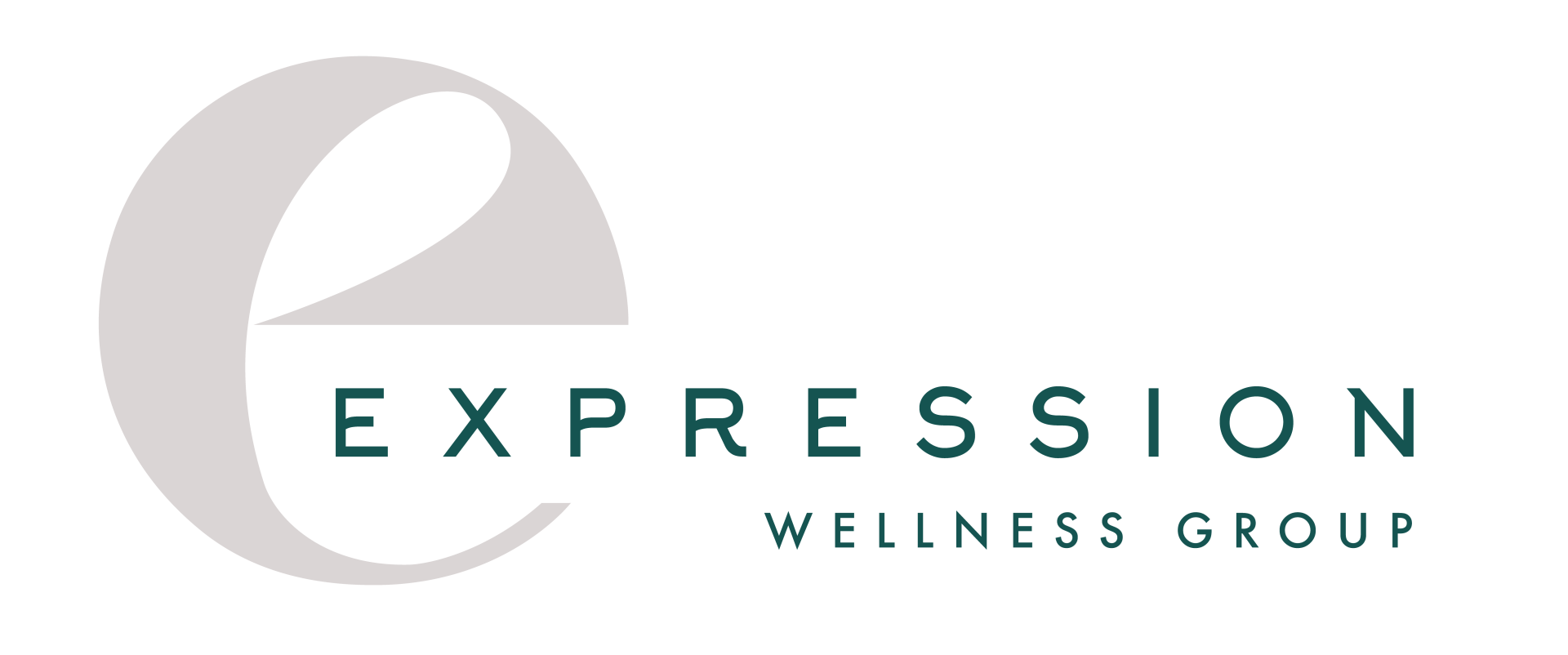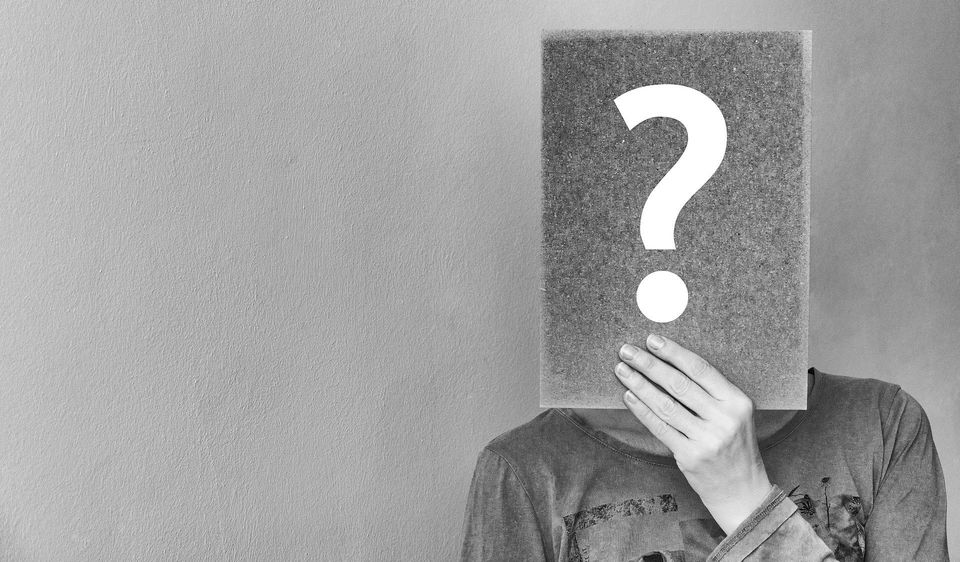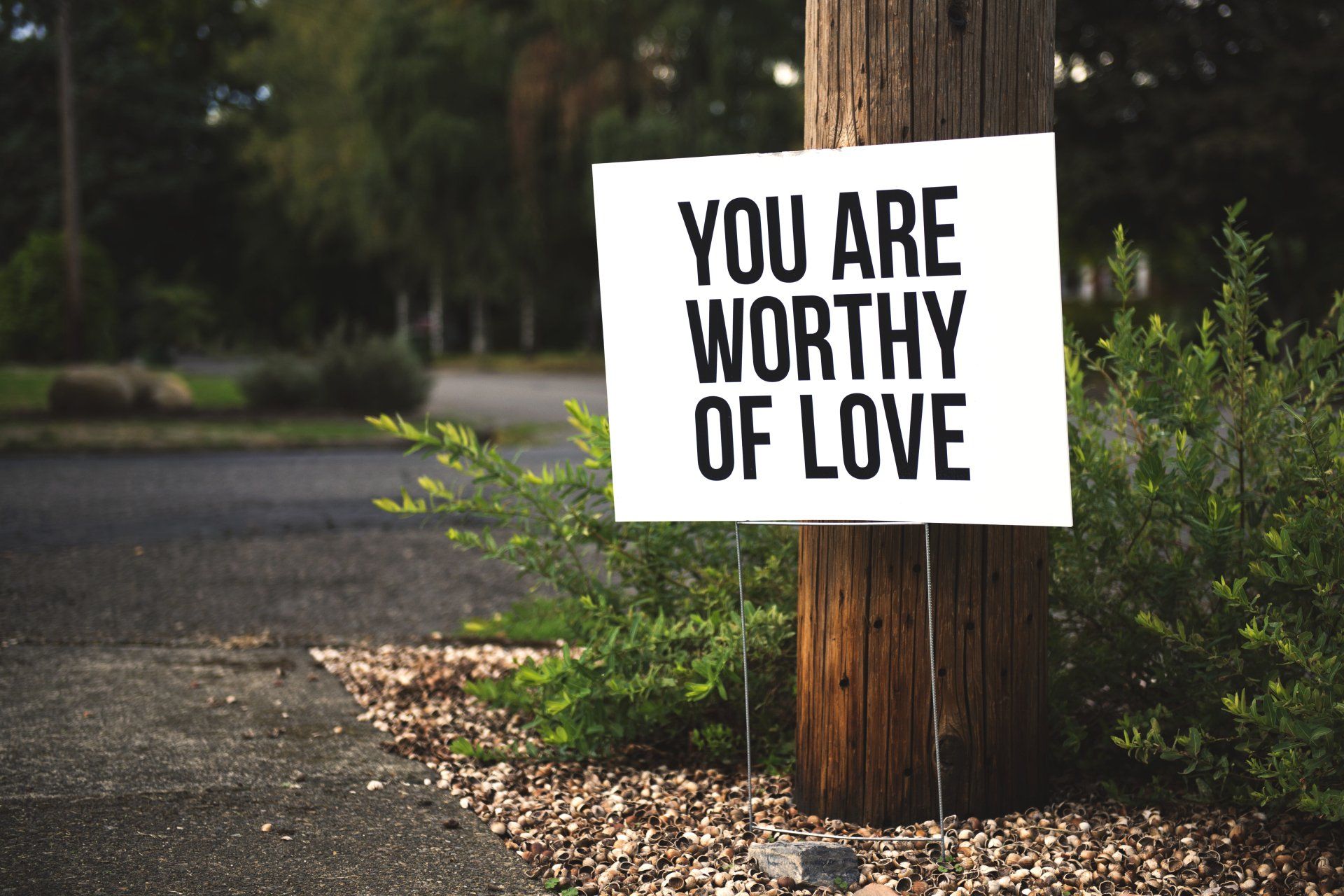That’ right… You have a say! Is your therapist working for you?
You’re struggling. You’re stuck. You’re hurting. Life is overwhelming. And you find yourself sitting across from a professional who you’ve trusted your vulnerability with, hoping and expecting for something to change. After all, the certificate hanging on their wall clearly states that they know what they’re doing and can help. But are they?
Although Google will be very quick to provide you a number of counselling professionals, finding one who is right for you may not be as simple of a task. Counselling, like many professions, is not something that is practiced in universal ways. You may go to 10 different people with the same issue, ask the same questions, present exactly the same way and have 10 completely different responses and experiences with those who all carry the same title.
For this reason, I write to you and want to emphatically say: Be critical and intentional of whom you are engaging with to ensure you are getting the support you want… the support you need. Within the many specialities, approaches and theories that exist within this field, not every counsellor will be a fit for you. And this is okay! Following is a brief list of things to consider as you look for support, or evaluate your counselling experiences.
- Counselling is nothing, if not relational. How do you feel when you walk into the office? In what ways do they try and connect with you? Is their attitude one of openness or emotional distance? Do they get to know you as a person, and not merely someone to assess, diagnose, or take on as their next project? Is there a sense of appreciation and curiosity? The relationship here is pivotal in your experience and it is one you must feel comfortable in.
- There should be no secrets or mystery of how your counsellor is working with you. Transparency is key. What is their training? What level of education do they hold? Do they have supervision? You don’t need to hold their same degree, but should have a working knowledge of the ideas that guide their practice. A good example of this is a counsellor being able to tell you how their questions are relevant to what you’re working on, stating the values that underpin their work or orienting you to their particular approach.
- Perhaps my favourite tip, counselling needs to be collaborative. Regardless of whatever credentials they carry, they do not know all. That’s right. They don’t because they don’t have your knowledge, insight, values, ideas, or lived experiences. You have a voice that needs to be respected and very much included in the entire counselling process. You are not “just a client.” This is a partnership. As such, your experience need not feel prescriptive, as if there’s a checklist your counsellor is working through, identical to the next person they sit down with. The practice of collaboration means you are not powerless in the relationship and are invited to determine goals and share what will be helpful and develop your own ideas/strategies. A collaborative energy, as simple as it may sound, means you together decide how often to meet. Future appointments should not be booked without your permission. It is also your right to experience space and safety to give your therapist feedback about how things are going, especially if you’re not getting what you need (without repercussion!)
Counselling is meant to be helpful, so I invite you to ensure you are in fact being helped. Someone may be well intentioned... but ineffective... and it is your right to speak to this or disengage if needed. There is no rule or contract binding you to this person.
If I may, I’d like to explicitly state it takes courage to reach out, sit in a waiting room, walk through a door and open yourself to someone you’re trusting will be of service. For those who have done this multiple times in search for someone who will in fact be of help, sharing your story many times over, I hold nothing but respect for you. I invite you to hold yourself with the same respect.
Journeying with you,
Laurie

Expression Counselling
Offices located in Abbotsford. Please contact your therapist to confirm the location of your appointment.
expressionwellnessgroup@gmail.com
Subscribe our newsletter
Thank you for subscribing!
Oops, there was an error.
Please try again later.
©EXPRESSION WELLNESS 2024



